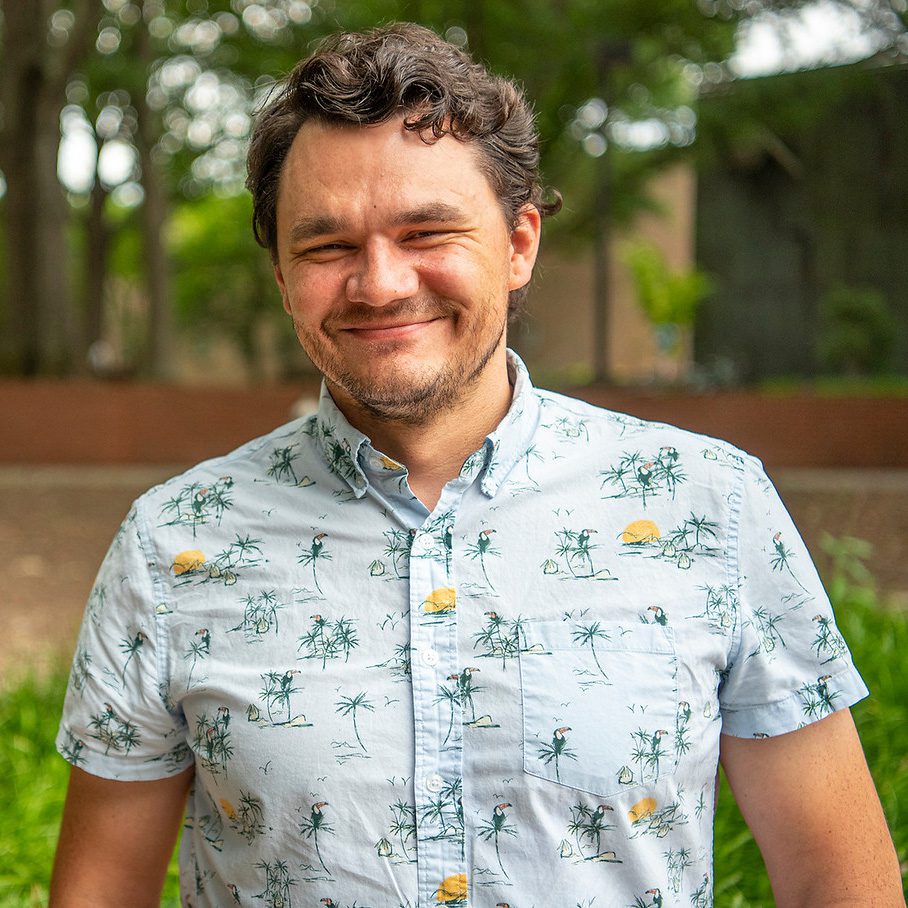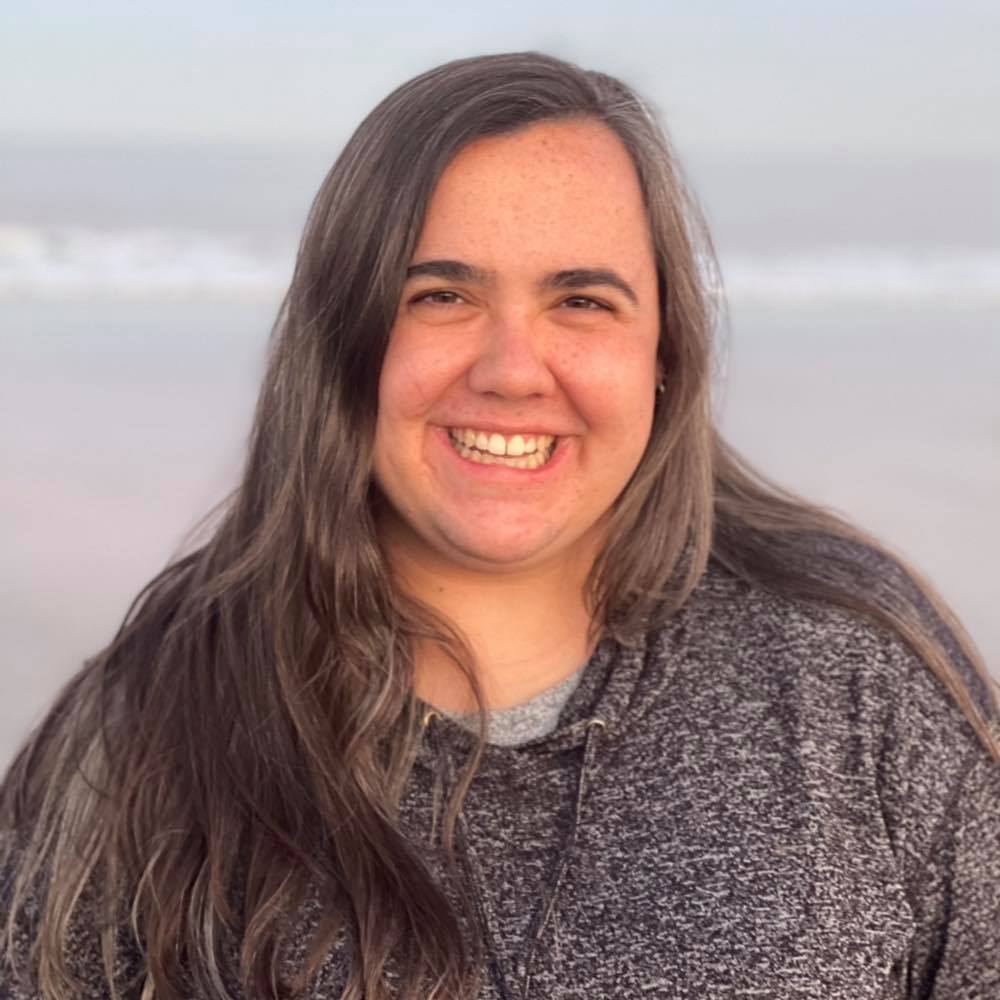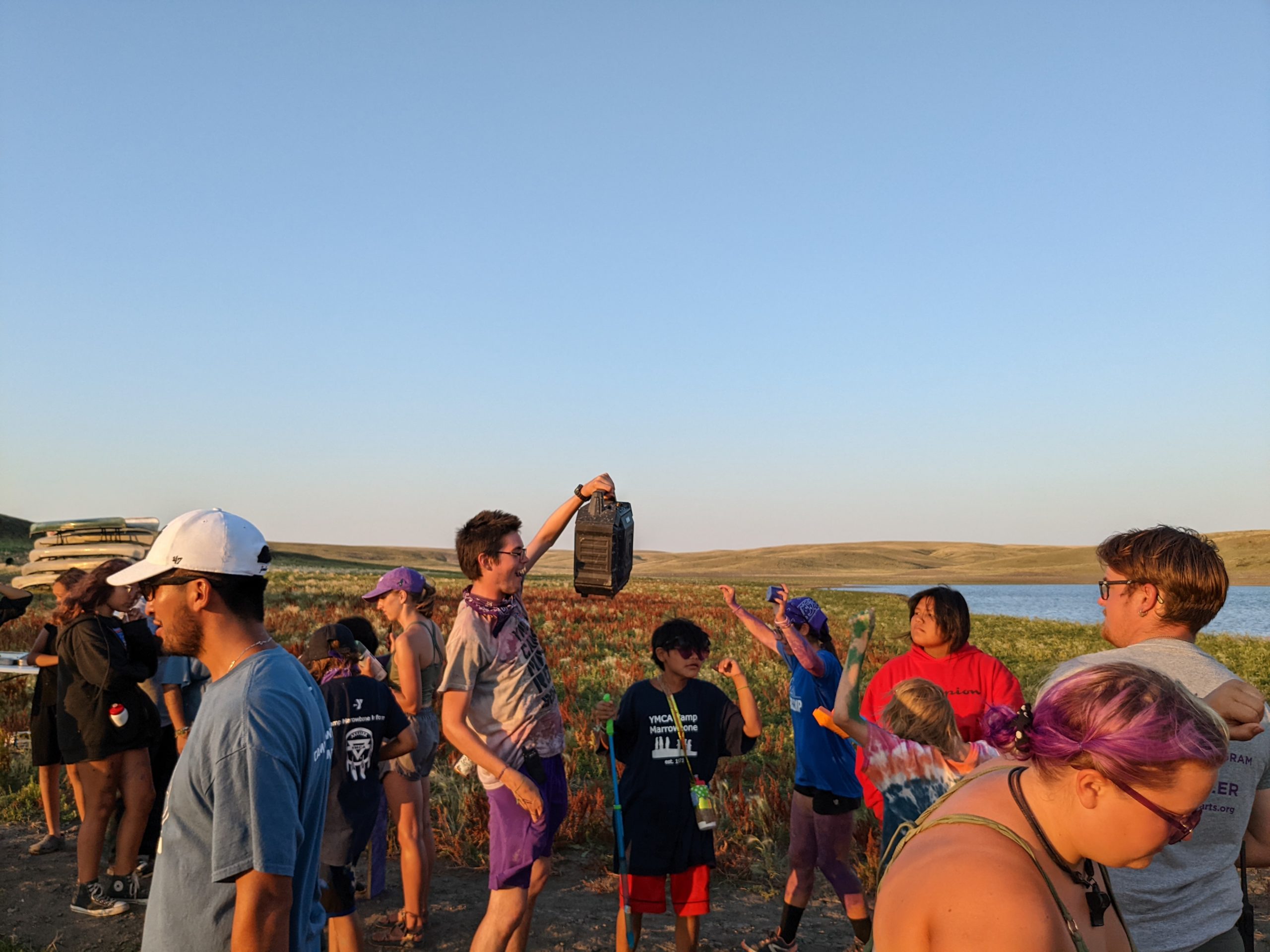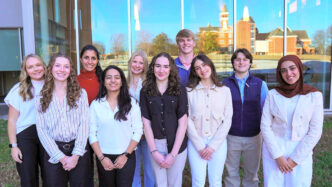Clemson University researchers are using impact grant funding from its College of Behavioral, Social and Health Sciences to examine the role of out-of-school-time programming on the mental health and well-being of Indigenous youth in South Dakota.
Faculty in the Departments of Parks, Recreation and Tourism Management, Psychology, and Political Science – along with leaders from the YMCA of the Oceti Šakowiŋ (Seven Council Fires) located in Dupree, South Dakota on the Cheyenne River Reservation – are examining the relationships between high-quality out-of-school-time programming, socioemotional health, and the potential reduction in self-harming behaviors among reservation youth.
Led by Ryan Gagnon, Ph.D., assistant professor in the Department of Parks, Recreation and Tourism Management, the project began as a systematic assessment of camp programming at the YMCA. It quickly evolved into an action-oriented plan to document the unique and essential position the YMCA provides to codevelop a culturally centered and sustainable program that highlights the resilience and optimism within the community and to secure resources to serve more young people.
However, despite the obvious strengths of this community, “these kids are growing up in a space where it appears every adverse childhood experience is normative. Generational trauma is seemingly systematic and commonplace, and many children have experienced years of abuse and the loss of one or both parents,” Gagnon said. “They’re living with a foot in two worlds – one filled with optimism and pride in their community, and one filled with a feeling of isolation, depression and challenges that I personally would never be able to overcome.”
Located in central South Dakota, the Cheyenne River Reservation spans 4,266 miles and is home to four bands of the Lakota Nation. Currently, the YMCA of the Oceti Šakowiŋis the only YMCA in operation on a Native American reservation nationwide.

During a recent visit to the reservation, Gagnon and Katie Thurson, a Ph.D. student in the Department of Parks, Recreation and Tourism Management, held youth focus groups as a way to understand the YMCA’s existing after-school programs and identify where additional resources were needed.
Using a strengths-based approach, the researchers designed the focus groups to assess the developmental and cognitive assets of the participants and programs, focusing on their abilities, skills and resources rather than weaknesses. However, Thurson recalls how she and Gagnon had to rapidly adapt as many youth disclosed long histories of trauma during group discussions.

“We realized quickly that some of the youth had experienced significant trauma and lacked age-appropriate reading and comprehension skills relative to how the study was initially designed,” Thurson said. “We needed to visit with our Tribal and YMCA partners to adapt how we asked questions, how we listened and how we learned. Yet, despite the adversity the youth had already overcome, they remained filled with resilience and hope for the future.”
YMCA of the Oceti Šakowiŋworks closely with Dupree School, a local public school for students in preschool through 12th grade, to support youth development programming for approximately 395 students. As the only school in Dupree School District 64-2, it services 1,508 square miles on the Cheyenne River Reservation.
Dupree School faces the all-too-common challenge of high turnover rates and a shortage of teachers and counselors willing to relocate to the area, but Gagnon believes the school and YMCA positively change the trajectory of youth on the reservation and can do even more with additional resources and qualified personnel.
“These youth acknowledge they should not have to leave the reservation to have a successful life,” Gagnon said. “The goal of our research and partnership with this community is to design, document and cultivate the programs the YMCA and Dupree facilitate to support the children’s dreams and aspirations for the future.”
Ahanni Knight grew up on the reservation and attended YMCA of the Oceti Šakowiŋafter school programs throughout her youth. Today, she serves as cultural director at the YMCA and provides hope for success in the face of adversity to the youth she mentors.
“I know the kids’ pain and internal struggle firsthand,” Knight said. “I want to help them grow into well-rounded, successful adults, but most of all, I want to serve as a reminder that their dreams are achievable, and their lives are worth living.”
Through additional grant funding awarded to the project team including Barry Garst, Ph.D., and Ed Bowers, Ph.D., from the Department of Parks, Recreation and Tourism Management, Gagnon and Thurson plan to bring middle schoolers from Dupree School, along with key staff and YMCA leaders, to visit the Clemson campus this fall. Long-term goals for the project include bringing students to campus to participate in the University’s Summer Scholars camp program and sending University professors to the Cheyenne River Reservation for continuing education courses.
The Department of Parks, Recreation and Tourism Management is part of the Clemson University College of Behavioral, Social and Health Sciences (CBSHS). Established in 2016, CBSHS is a 21st-century, land-grant college that combines work in seven schools and departments – Communication; Nursing; Parks, Recreation and Tourism Management; Political Science; Psychology; Public Health Sciences; and Sociology, Anthropology and Criminal Justice – to further its mission in “building people and communities” in South Carolina and beyond.







